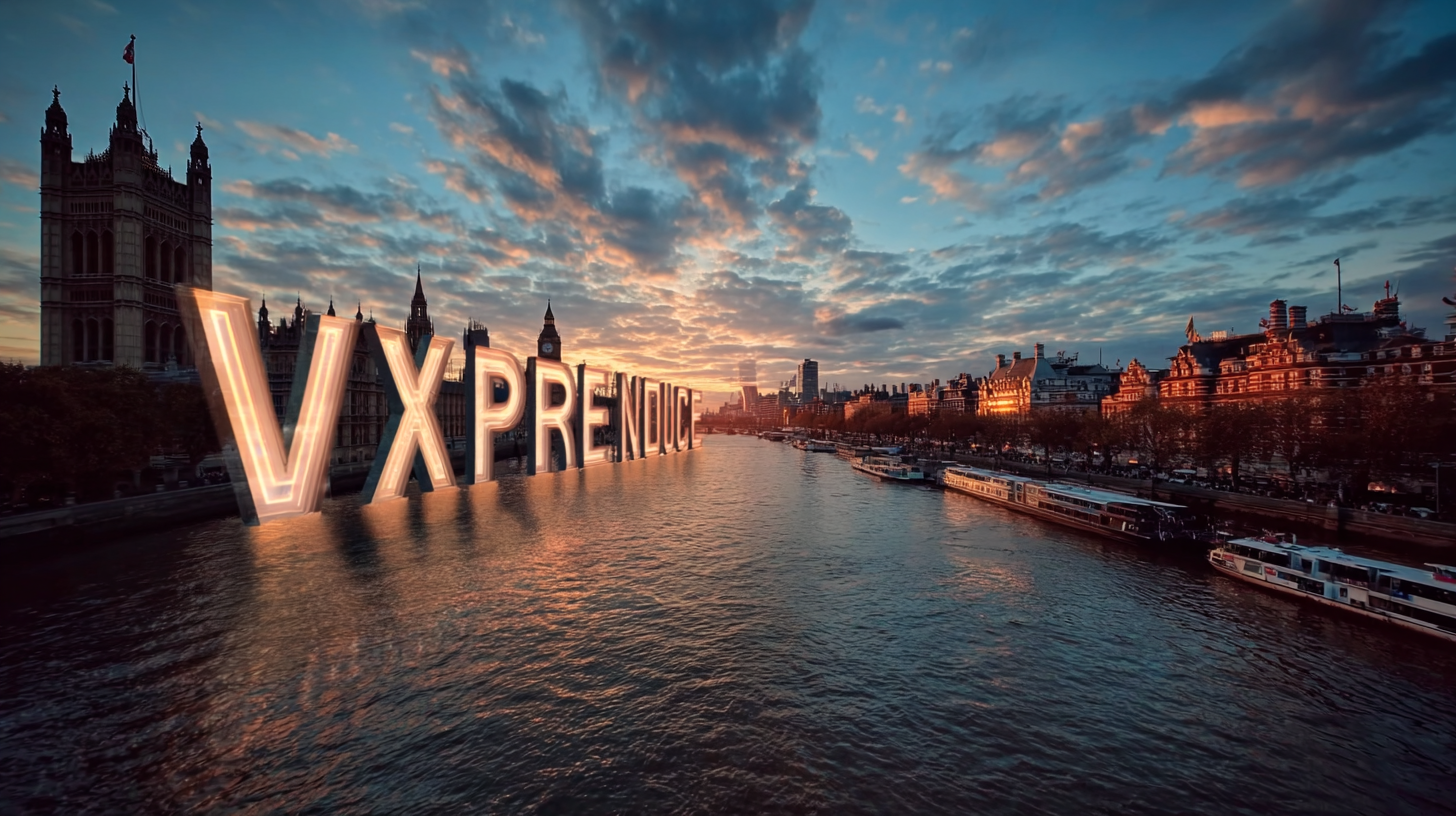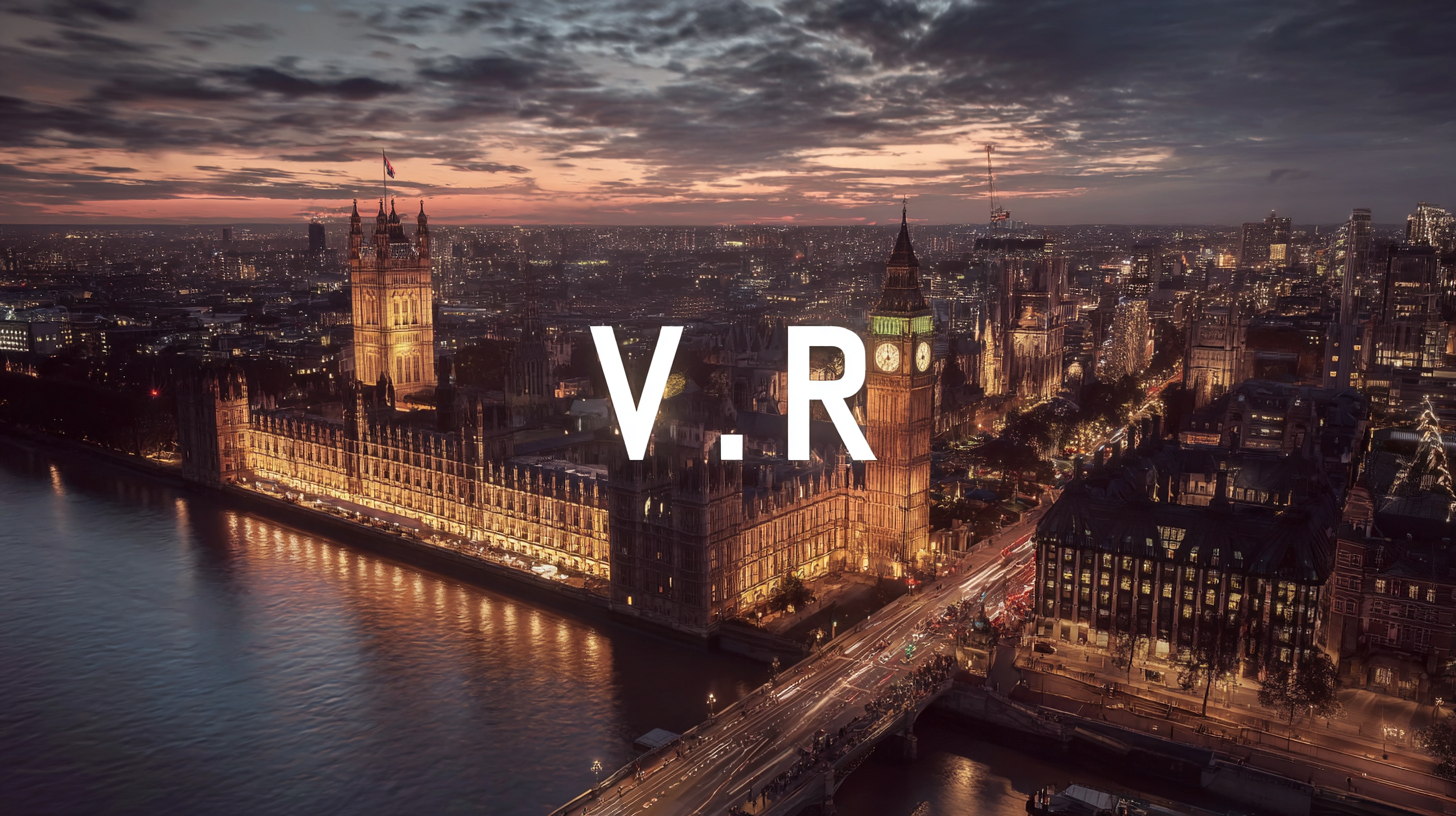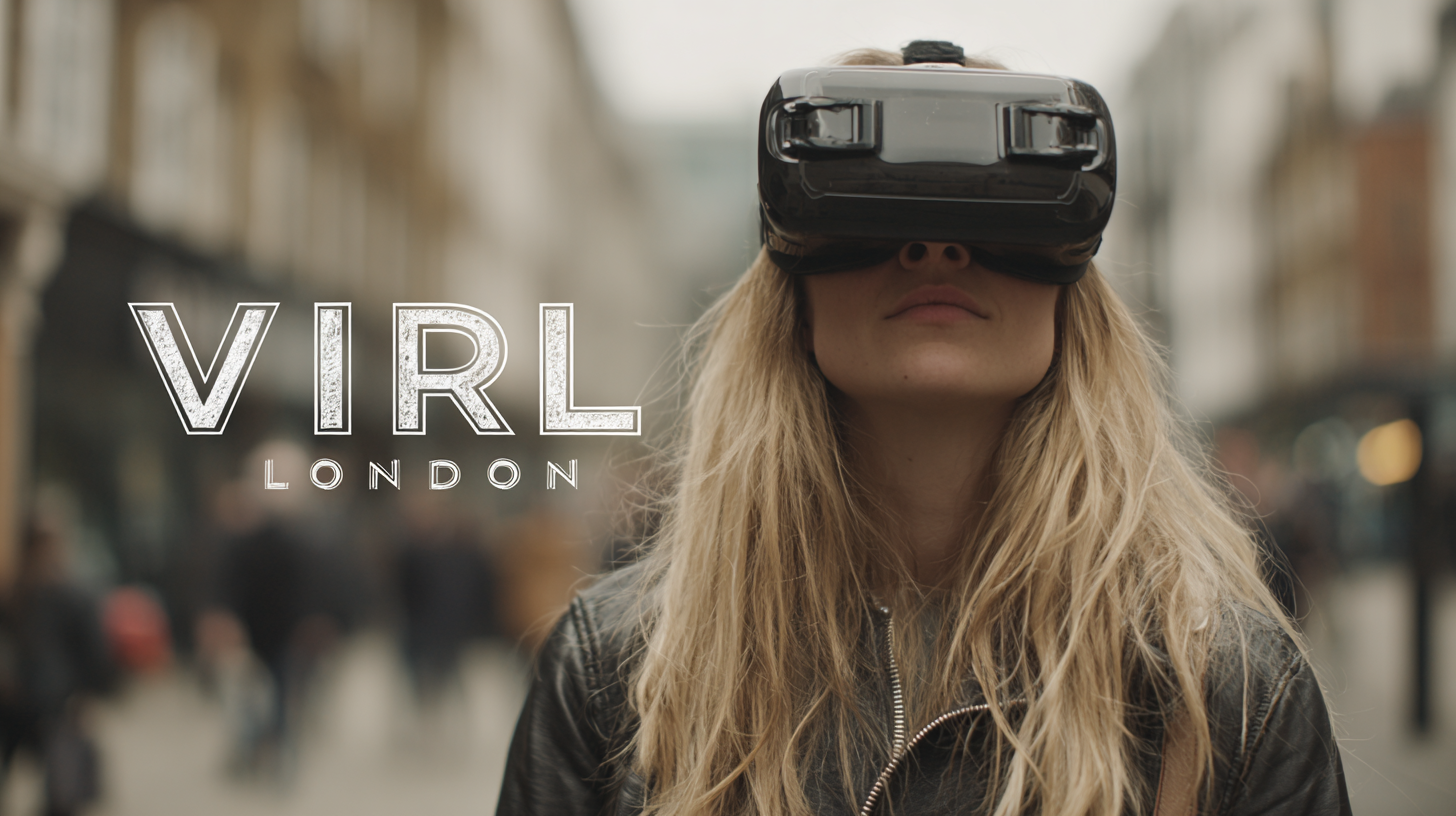In the heart of one of the world's most vibrant cities, the "VR Experience London" is not just a fleeting trend; it's a revolutionary leap in how we engage with entertainment. As virtual reality technology continues to evolve, it brings with it a multitude of applications that transcend traditional boundaries, offering immersive experiences that captivate audiences like never before. From breathtaking virtual concerts to interactive art installations and gamified adventures, the possibilities are endless in this dynamic landscape. This blog will explore the most exceptional real-world applications of VR experiences in London, highlighting how local innovators are crafting unparalleled moments that redefine our understanding of entertainment. Join us as we delve into the future of immersive experiences and discover how this technology is reshaping the way we connect with art, culture, and each other.

Virtual reality (VR) is reshaping the entertainment landscape in London, with innovations driving significant changes in how audiences engage with content. A recent report by PwC forecasts that the global virtual reality market will reach $44.7 billion by 2024, with entertainment applications playing a pivotal role in this growth. In London, venues like The VR Arena and immersive theaters are redefining experiences, allowing audiences to step into diverse narratives that blend storytelling with interactive elements.
Emerging trends indicate a shift towards hyper-personalized experiences in VR. According to a study by Statista, 71% of consumers expressed interest in VR experiences that cater to individual preferences. This personalization is facilitated by advanced technologies that analyze viewer behaviors and preferences, leading to tailored entertainment options. As London continues to host pioneering VR events and installations, the city stands at the forefront of this entertainment revolution, demonstrating the transformative potential of immersive technologies on cultural consumption patterns.
In the vibrant landscape of virtual reality (VR) experiences in London, distinguishing the top contenders requires a close examination of what each brings to the table. The immersive environments of places like "The VR Arena" and "The London VR Lounge" offer distinct approaches that captivate audiences. The VR Arena emphasizes competitive multiplayer experiences, allowing friends to engage in thrilling battles within a variety of game genres. This engagement fosters not only excitement but also a sense of camaraderie as players navigate through challenges together.
 On the other hand, the London VR Lounge focuses on narrative-driven experiences that transport users to entirely different worlds. With meticulously crafted storylines and stunning visuals, it provides a more contemplative form of entertainment. Visitors can explore intricate narratives that engage their emotions and provoke thought, setting it apart from the adrenaline-fueled encounters found elsewhere. By comparing these leading VR experiences, it becomes evident that the choice between competition and storytelling reflects individual preferences, showcasing the versatility and potential of VR in redefining entertainment.
On the other hand, the London VR Lounge focuses on narrative-driven experiences that transport users to entirely different worlds. With meticulously crafted storylines and stunning visuals, it provides a more contemplative form of entertainment. Visitors can explore intricate narratives that engage their emotions and provoke thought, setting it apart from the adrenaline-fueled encounters found elsewhere. By comparing these leading VR experiences, it becomes evident that the choice between competition and storytelling reflects individual preferences, showcasing the versatility and potential of VR in redefining entertainment.
Virtual reality (VR) has transformed the landscape of entertainment in London, offering immersive experiences that captivate audiences like never before. With the rise of VR experiences, user engagement metrics have become essential in understanding how these technologies influence audience interaction. Metrics such as session duration, repeat visits, and social sharing rates provide critical insights into user behavior, allowing creators to refine and adapt their offerings. By analyzing these factors, VR experiences can be tailored to enhance emotional connections and foster deeper interactions with users.
In the bustling world of London’s entertainment scene, VR experiences are not just standalone attractions; they act as a catalyst for community engagement. By incorporating interactive elements that encourage viewers to participate actively, franchises can cultivate a loyal fan base and increase their reach. Through the collection of data on user preferences and engagement patterns, developers can design experiences that resonate more profoundly with their audience, ensuring that guests leave with lasting memories. This strategic approach to leveraging user engagement metrics is revolutionizing how entertainment is consumed, making VR a pivotal part of the industry’s evolution.
| Metric | Value | Description |
|---|---|---|
| User Retention Rate | 75% | Percentage of users returning for additional sessions. |
| Average Session Duration | 45 minutes | Average time spent by users in a single VR session. |
| User Engagement Score | 85/100 | A composite score of user interactions during the experience. |
| Interactive Features Used | 3 per session | Average number of interactive features utilized by users. |
| Feedback Rating | 4.7/5 | Average rating given by users after the experience. |
| Social Media Shares | 2500 shares | Total shares by users on various social media platforms. |
The economic impact of virtual reality (VR) in the entertainment sector is profound, reshaping traditional media and creating new revenue streams. As the location-based entertainment market evolves, immersive technologies like AR and VR are set to significantly boost industry growth. The increasing adoption of these technologies is projected to enhance user experiences and engagement, driving up revenues for content creators and operators alike.
Tips for enhancing VR experiences include focusing on user interface design to ensure intuitive navigation and incorporating social elements to foster community connections. Moreover, leveraging data analytics to tailor content can greatly enhance user satisfaction and retention. The rapid growth in the online gaming market, which is expected to reach USD 97.38 billion in 2023, can be attributed to this rising demand for immersive experiences, further emphasizing the importance of innovation in content management and experience design.
As the creator economy expands within the VR and AR landscapes, creators should harness these technologies to explore diverse applications, such as influencer content and interactive gaming. By understanding market trends and consumer preferences, content creators can unlock substantial value and contribute to the overall economic uplift in the industry.

In recent years, virtual reality (VR) has made significant strides in transforming the entertainment landscape, especially in London. According to a report by Statista, the global VR market is projected to reach $57.55 billion by 2027, underscoring the growing interest and investment in this technology. London, a hub for innovation, has witnessed several successful VR implementations that provide valuable insights for the industry. For example, the immersive experience created by The VOID at the London venue has set a benchmark, allowing players to fully engage with the environment and characters, leading to an impressive customer satisfaction rate of 95%.
Another noteworthy case is the collaboration between the National Gallery and Oculus, which introduced visitors to a virtual tour of masterworks, enhancing accessibility and education in the arts. Research by PwC indicates that VR could contribute up to $1.5 billion a year to the UK economy by 2030, showcasing how cultural institutions are leveraging this technology to engage broader audiences.
These case studies not only highlight the successful applications of VR in enhancing user experiences but also serve as a model for other sectors to adopt similar innovations, paving the way for a more immersive future in entertainment.
